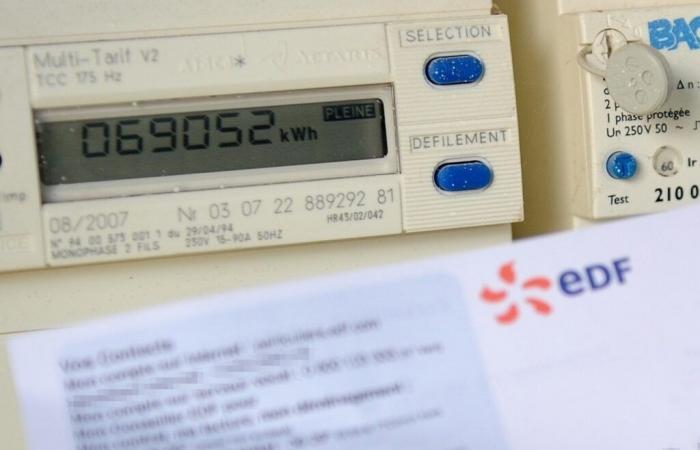Towards the end of regulated sales prices, in the field of electricity? The Competition Authority has just published a report suggesting removing these tariffswhich do not move like the market, they are not volatile.
The idea of these prices was to protect the consumer against price variations which are too important for it to be readable. The story behind this proposed abolition is that competition is a good thing for the consumer “in all cases”.
“In all cases” is surely not true, because if it were, we would put the courts in competition, we would put the governments in competition. We would have two governments and we would say to them “hey, who wants to take care of something?”, then we would decide. However, we clearly see that there are a certain number of cases in which there is no competition because it is not the optimal form of organization.
In the physical world, we have what we call a natural monopoly
Jean-Marc Jancovici
Particularly in the physical world, when we have what we call a natural monopoly, that is to say a system which requires so much investment that we cannot do it in two or three copies. Examples of natural monopolies, this is for example the railway tracks.
There are not three Paris-Lyon railway lines side by side that would be in competition. And there are not three water networks coming to your home that would compete with three taps, then depending on the price of water, you open the one on the left or the one on the right.
What is a natural monopoly?
The electrical system requires such significant investments that this is what we call a natural monopolyL. And when we try to create competition in a natural monopoly, we have seen with the experience we have had in France and in Europe since the beginning of the 2000s, we have exactly the opposite effect of what 'we wanted to obtain at the start.
What we have had since in France and Europe, is that prices have become more volatile and have increased overall. We have seen people appear on the landscape who are pure distributors. You know, alternative sellers. In fact, they don't have their own power stations. They are buyers and resellers. They are traders.
Except that the money they earn, these traders, is not reinvested in the electricity system. When it was EDF which sold to everyone, EDF kept the money and invested it in power plants. When it comes to alternative suppliers, they invest it where they want. It's the company owners' money, but they don't invest it in the electrical system.
Competition has not been a successful experience in the electricity market
This created a volatile price system at the time of the Russian gas crisis. We saw prices rise to the ceiling, whereas with administered prices, they normally don't do that. And finally, the last effect is that as it makes the market uncertain, it increases the cost of capital for people who want to make investments.
If tomorrow you want to build a power station, your banker will tell you: “I don’t know exactly what the price of electricity will be, so I’m going to take a risk premium and I will lend you the money with an expensive risk premium”. However, for low-carbon devices, whether nuclear or renewables, what we call the cost of money, that is to say the cost at which you will borrow the money to build the wind turbine, it is discriminating in the final production cost. It’s even very, very discriminating.
If you make the market volatile and risky, you raise the price of future carbon-free megawatt hours which we would nevertheless need. Competition has really not been a successful experience in the electricity market.
Read more






